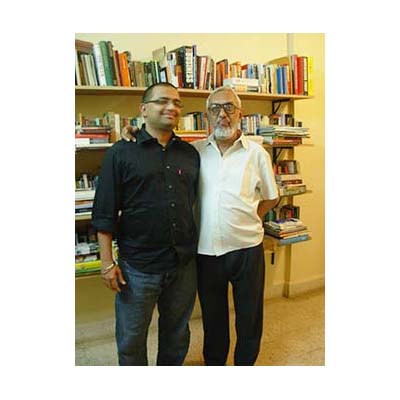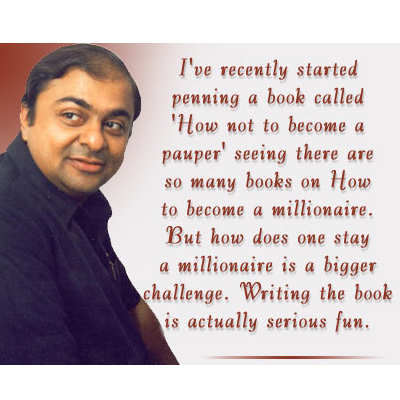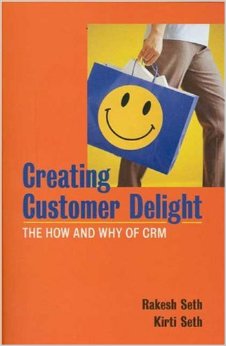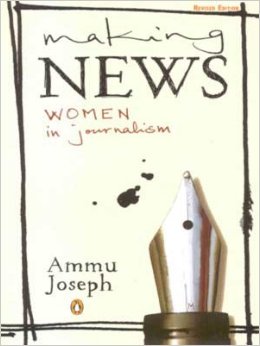Short Way Of Looking - Zubin Driver
Zubin Driver, national creative director, The cell, TV 18 Group, is putting together a book of short stories. He tells Nidhi Jain that the book is extremely close to his heart.
What made you write this book?
I am a writer, and have written a number of plays while I was a part of NCPA and Prithvi theatre group .I always wanted to have a short way of looking and going through a book.
Book and Character
The book is a compilation of short characters. It's all about what happens in peoples' minds, their thought processes and dreams. There are characters, no-characters, dream characters and also post modern kind of characters. In total, it's a compilation of 35 short stories, 2-3 of them are shorter than a page.
It highlights the darker side. They are not at all happy stories since I have grown up observing suffering around me like watching people going through graphs, chronicling relationships. I have personally gone through a cultural transition .Middle class life is tough when it comes to making ends meet. And I've also seen lots of fractured relationships.
Crux of the book
It's an examination of physical and mental struggle.
Cover page
I have decided that it's going to be a painting because I love them. They are evokable, since we have to make an effort to interpret them and finally we get engaged in them.
Book that captured attention
The plague.













